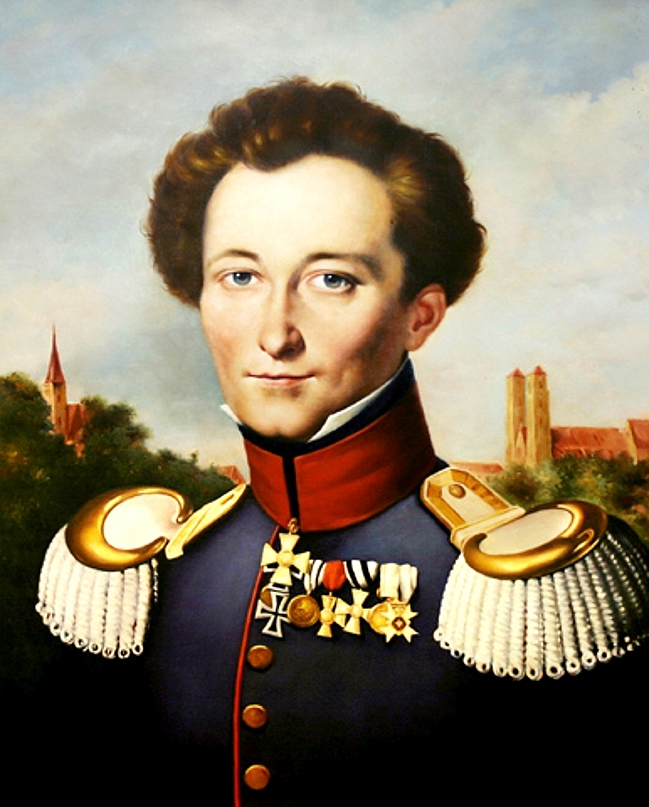Carl von Clausewitz: Citáty v angličtine
Zdroj: On War (1832), Book 1, Chapter 1, Section 3, Paragraph 1.
Kontext: Kind-hearted people might of course think there was some ingenious way to disarm or defeat the enemy without too much bloodshed, and might imagine this is the true goal of the art of war. Pleasant as it sounds, it is a fallacy that must be exposed: War is such a dangerous business that mistakes that come from kindness are the very worst.
“War is nothing but a continuation of politics with the admixture of other means.”
Varianta: War Is Merely the Continuation of Policy by Other Means
Zdroj: On War (1832), Book 1, Chapter 1, Section 24, in the Princeton University Press translation (1976)
Variant translation: War is merely the continuation of politics by other means.
Kontext: War Is Merely the Continuation of Policy by Other Means
We see, therefore, that war is not merely an act of policy but a true political instrument, a continuation of political intercourse carried on with other means. What remains peculiar to war is simply the peculiar nature of its means.
“There are cases in which the greatest daring is the greatest wisdom.”
Varianta: There are times when the utmost daring is the height of wisdom.
Zdroj: On War (1832), Book 2
Zdroj: On War (1832), Book 1, Chapter 3.
Kontext: Strength of character does not consist solely in having powerful feelings, but in maintaining one’s balance in spite of them. Even with the violence of emotion, judgment and principle must still function like a ship’s compass, which records the slightest variations however rough the sea.
“Everything in war is simple, but the simplest thing is difficult.”
On War (1832), Book 1
“The conqueror is always a lover of peace; he would prefer to take over our country unopposed.”
Zdroj: On War (1832), Book 6, Ch. 2
“All war presupposes human weakness and seeks to exploit it.”
On War (1832), Book 5
“Boldness governed by superior intellect is the mark of a hero.”
On War (1832), Book 3
“War is such a dangerous business that mistakes that come from kindness are the very worst.”
Zdroj: On War (1832), Book 1, Chapter 1, Section 3, Paragraph 1.
Kontext: Kind-hearted people might of course think there was some ingenious way to disarm or defeat the enemy without too much bloodshed, and might imagine this is the true goal of the art of war. Pleasant as it sounds, it is a fallacy that must be exposed: War is such a dangerous business that mistakes that come from kindness are the very worst.
“…it is better to go on striking in the same direction than to move one's forces this way and that.”
On War (1832), Book 2
“Timidity is the root of prudence in the majority of men.”
On War (1832), Book 3
“…the side that feels the lesser urge for peace will naturally get the better bargain.”
On War (1832), Book 1
